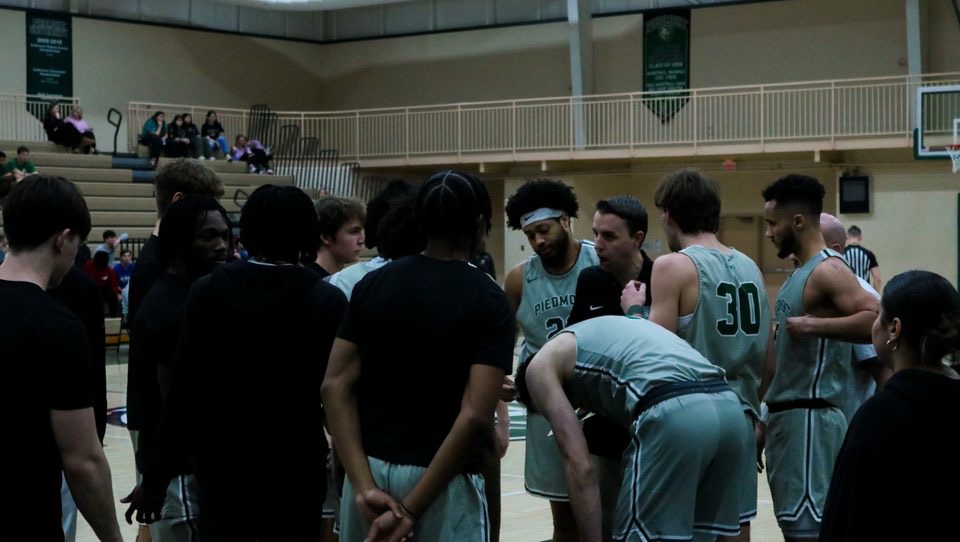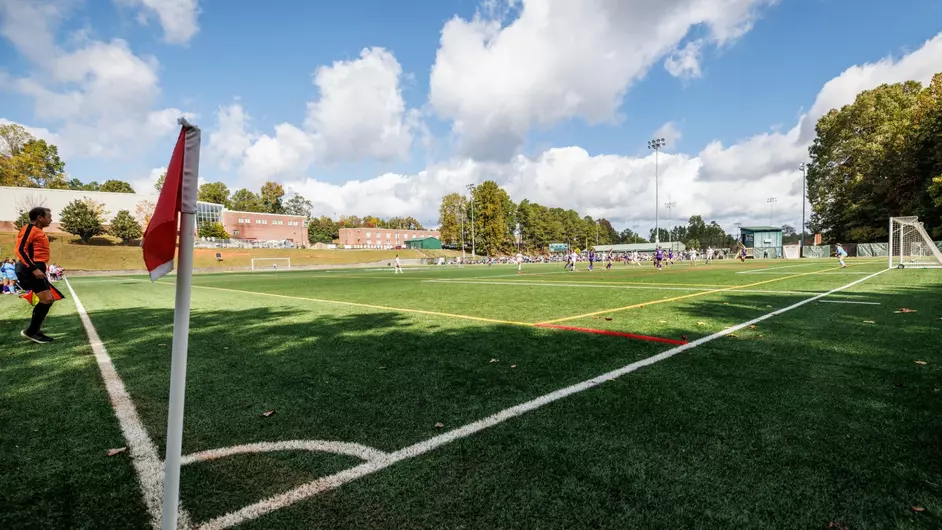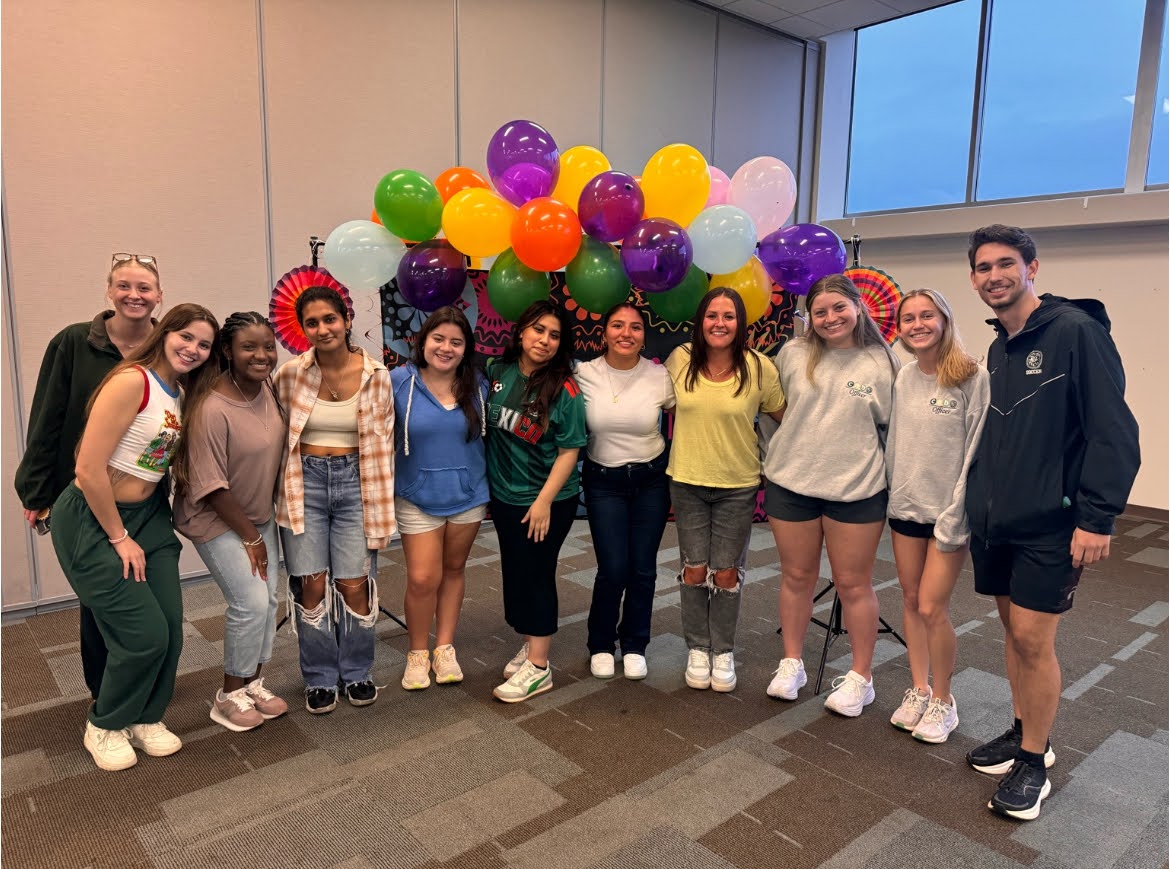A Perspective on Unpaid Student Teaching Internships
April 7, 2023
As college students progress further into their major studies, they are often presented with an internship opportunity as a way to build their knowledge about the working world while simultaneously giving employers fresh insight into various projects.
Internships are the chance for students still enrolled or recently graduated from their programs to receive first-hand experience in their field. These internships are compensated either monetarily or, oftentimes, in the form of class credit.
The real question about who really benefits from these internships more comes into play when employers and businesses choose not to pay their interns. According to the Center for Research on College-Workforce Transitions and the University of Wisconsin-Madison, there were roughly 1 million recorded unpaid internships in 2022.
Most affected by these unpaid internships are the same people who will be equally under-compensated after entering the workforce, teachers.
Education majors are required to participate in an internship or residency program known as student teaching. During this program, student teachers are expected to devote an entire semester to essentially unpaid training hours, the only compensation received during this time is class credit required to graduate.
“I believe that internships allow student-teachers to see what the inside of a classroom is really like and how important classroom management is to be an effective teacher,” says junior elementary education major Madalyn Williams.
Being in the classroom as a student teacher or teacher’s aide provides meaningful classroom experience for students that are preparing to take on the responsibility of educating our future generations. Many of us experienced the presence of a student-teacher in our classrooms growing up and know that their efforts are equally as impactful. So why are they expected to provide that labor for free?
“I think student-teaching should be paid. Teacher aids in college are allowed to use the position as internship credit hours but don’t make any money from the time they spend in the classroom. I, like many others, have financial needs that need to be met regardless,” said Williams.
Though as necessary as the student teaching experience is, it often takes a negative toll on the student’s personal life in the form of financial stress and decreased personal time.
“Student-teaching demands 8 hours a day, 5 days a week. If it were not the same exact hours that salaried teachers work on a daily basis, I would not be concerned about getting paid,” said Williams.
Over the course of one semester, student teachers are required to fulfill 600 hours in the classroom on top of other coursework and jobs. After putting in a minimum of 40 hours a week for an unpaid position, these individuals then seek out alternative sources of income, stealing time away from other activities that are essential to a balanced lifestyle.
Senior drama education major Sierra Maxwell shares that in addition to spending additional hours at her host school due to the nature of her field, she is losing time and money traveling to and from the school.
“Don’t get me wrong, I love drama, and I wouldn’t trade it for the world!” Maxwell says. “It just becomes difficult when I need two meals a day that I can’t get at the dining hall. Also, my host school is about 35-40 minutes away from Piedmont’s campus, which means I have to get gas about twice every week.”
An expense of living on-campus is the dollars added to the cost of tuition for meal plans. Maxwell, who is spending extensive hours at a school more than 30 minutes away, is unable to take advantage of these meals that have already been paid for. Alternatively, she is faced with either buying groceries or takeout, both out-of-pocket expenses.
“While I love teaching and I love spending time at the high school with these students, it can be very taxing on my mental health at times to have to worry about when and how I’m going to pay for the things I need,” says Maxwell.
A study performed by LendingTree showed that 47% of unpaid interns take on additional debts in order to make ends meet. The nature of unpaid internships, while taking advantage of students hoping to gain real-world experience, allows for students with economic disadvantages to miss out on those valuable opportunities.
When individuals enter the workforce, particularly teachers, they should be able to do so future-focused, not haunted by the debts of the past four years. If teachers aren’t provided with the right resources to succeed, how can we expect younger generations to do the same?
Teachers enter the workforce to one day make a difference in student’s lives, as a society we should make those goals as attainable as possible by compensating student teachers in a much bigger way.













